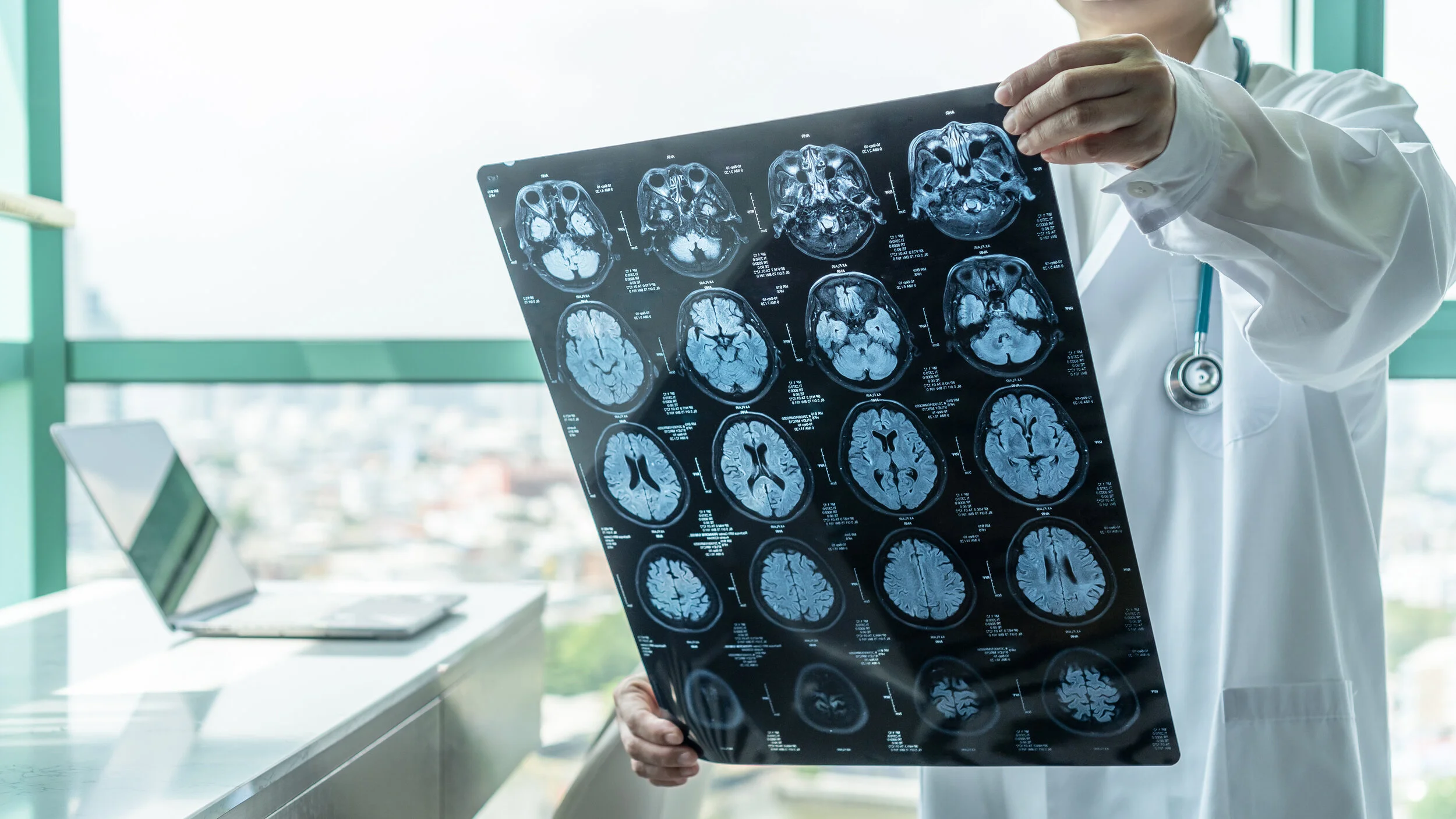Within the last decade, physical therapist’s role in concussion management has emerged. A landmark research article released in 2018 makes a strong suggestion that physical therapists are great entry points into the medical management of the recently concussed athlete, even within the first week.
Ellis’s research group published their article stating that contact with a physical therapist within the first week after their concussion can be important for athletes. The reasoning stems from the fact that physical therapists can administer and devise a rehabilitation program to help the athlete retain as much of their physiological conditioning during their recovery process. Ellis’s group cites an article that states after a short period of time without any exercise, there are deleterious effects to the athletes physiology and exercise tolerance.1
“After as little as 3 days of bed rest regularly exercising endurance athletes have been found to exhibit reductions in peak exercise performance and impaired neuroendocrine responses to graded exercise.”
This ultimately suggests that an athlete’s ability to bounce back and resume previous level of intensity in terms of strength and conditioning can be impaired, which can ultimately impede their time of return to play. This can also lead to an athlete returning to sport too ‘early’ (in terms of physiological readiness) with a possible increased risk of other musculoskeletal injuries. This was briefly described in our article discussing PT’s role in concussion management.
The article continues with an overview of how PTs can help. Physical therapists who are well informed in the recent concussion literature can provide a Buffalo Concussion Treadmill Test and help establish a sub-symptom threshold to get individuals with concussive symptoms to keep moving with safe and minimal symptom provocation. This can be applied within 3 days of the concussion, depending on the individual’s tolerance to his/her symptoms. This is covered in the Concussion Corner Podcast Episode 25, 27, and 30, where Dr. Jessica Schwartz hosts and interviews John Leddy MD, Dr. Carolyn Baxter, and Dr. Lenore Hergert. Administering a Sub-Symptom Threshold Exercise Program (SSTEP) has shown to be associated with earlier recovery from symptoms than those who just rested after concussion.2,3,4
The take-home point is that concussion research is making a mass move away from the days of putting athletes in dark, sensory-deprived rooms to shield them from stimulus until their symptoms resolve. The leading medical professionals in concussion largely agree that getting back to some level of activity within 48 hours is important for the individual concussed. Implementing the SSTEP is not exclusive to PTs, as it can be administered by a few healthcare/sportscare providers. Physical therapists are in a great position to educate and get those concussed moving within reasonable guidelines.
About the author
Justin has a keen interest in treating concussions and allowing people to return to their full function and meet their goals. He is also a contributing author to the Concussion Alliance.
For More Information: (click here)
References
Ellis, M., Leddy, J., Cordingley, D. and Willer, B. (2018). A Physiological Approach to Assessment and Rehabilitation of Acute Concussion in Collegiate and Professional Athletes. Frontiers in Neurology, 9.
Chrisman, S., Whitlock, K., Somers, E., Burton, M., Herring, S., Rowhani-Rahbar, A. and Rivara, F. (2017). Pilot study of the Sub-Symptom Threshold Exercise Program (SSTEP) for persistent concussion symptoms in youth. NeuroRehabilitation, 40(4), pp.493-499.
Leddy, J., Haider, M., Ellis, M. and Willer, B. (2018). Exercise is Medicine for Concussion. Current Sports Medicine Reports, 17(8).
Chrisman SPD, Whitlock KB, Mendoza JA, Burton MS, Somers E, Hsu A, Fay L, Palermo TM and Rivara FP (2019) Pilot Randomized Controlled Trial of an Exercise Program Requiring Minimal In-person Visits for Youth With Persistent Sport-Related Concussion. Front. Neurol. 10:623. doi: 10.3389/fneur.2019.00623
Information provided on lakewashingtonPT.com and all of its web pages is intended for general educational and entertainment purposes and is not intended to be medical advice to you or any other person. You should always consult with your own medical provider about your health and medical questions and never rely on this or any other web site alone to make medical decisions. Never delay seeking medical advice or disregard any medical advice you have received from your provider because of anything you read or hear on this website.





